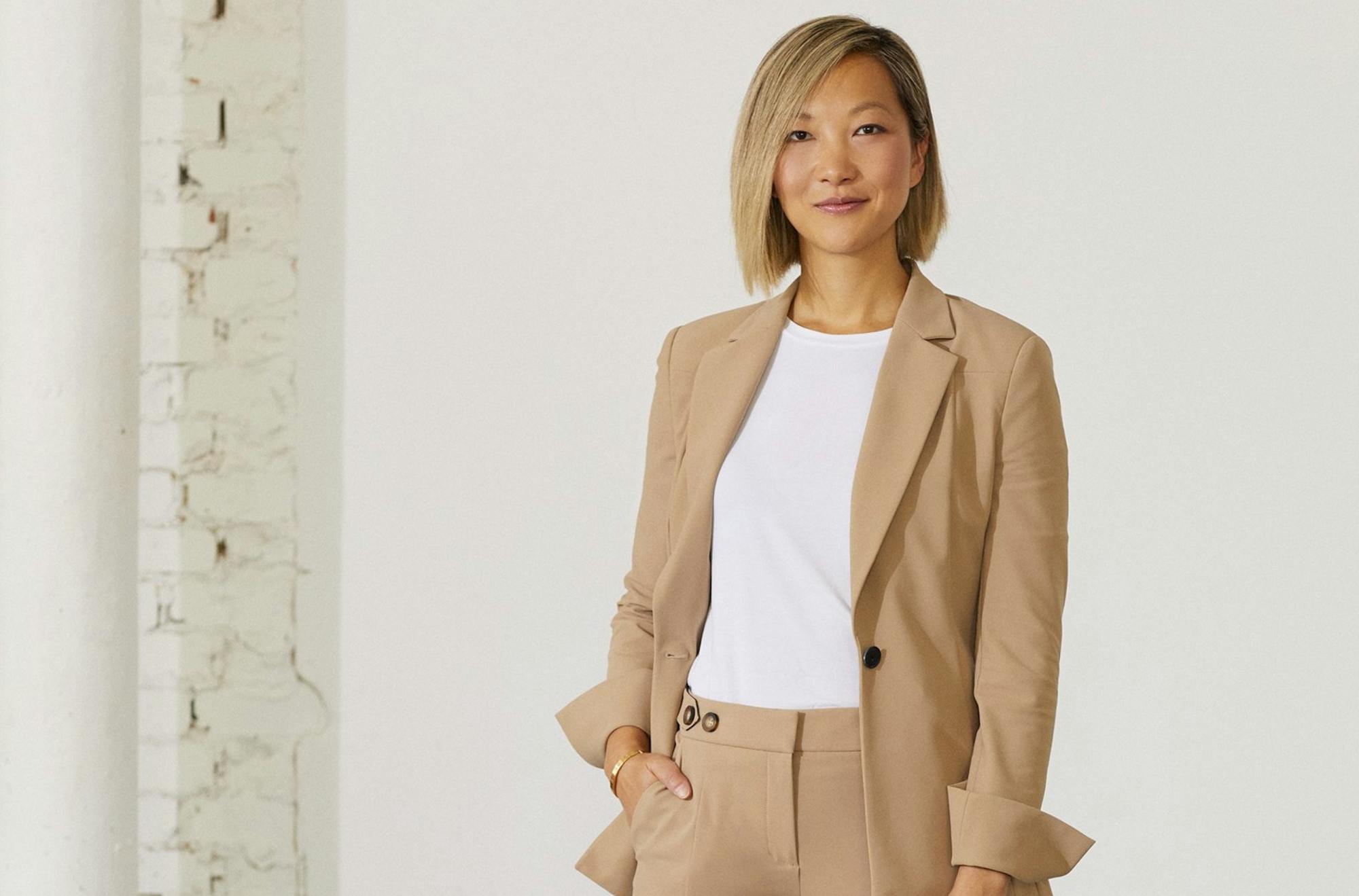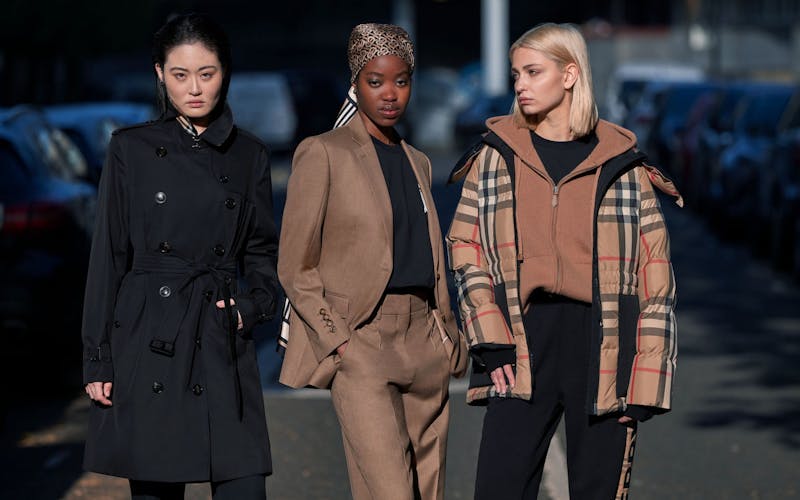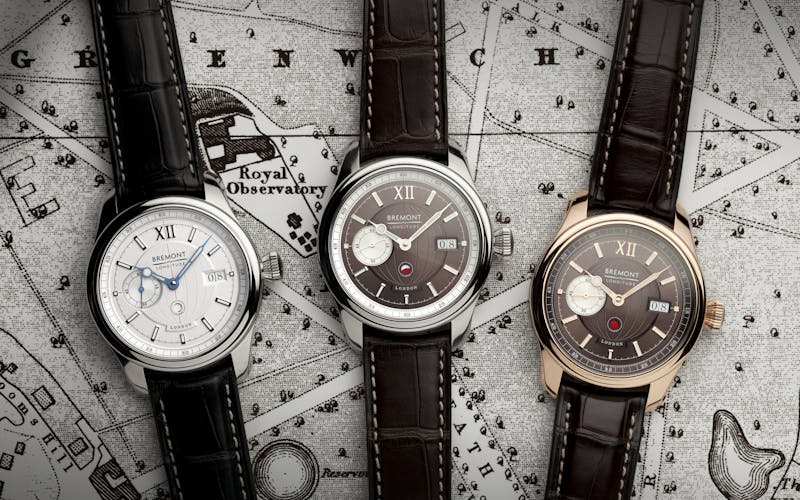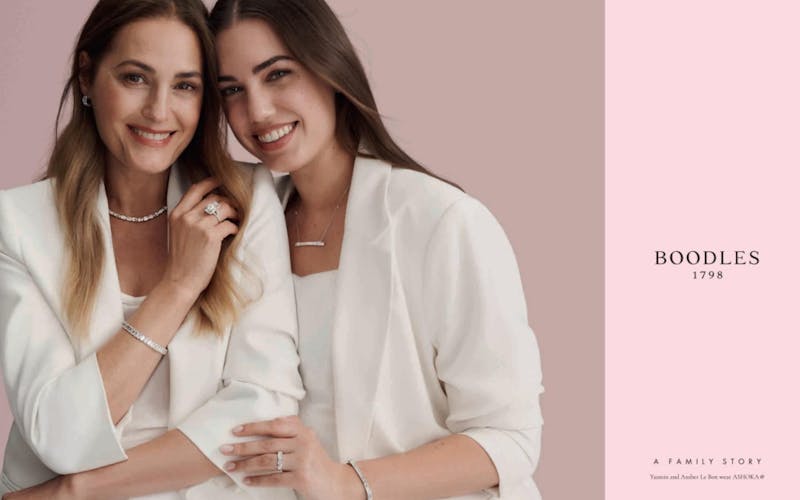

for Walpole members and
non-members available now
at The Londoner



The luxury sector is dominated by big brands, with the top ten companies generating more than half of all global luxury sales. But when it comes to reducing emissions, size is not necessarily an advantage.
‘There’s definitely something to be said for being a small brand able to implement so many things at the same time,’ agrees Joanna Dai (above), who creates comfortable tailored women’s workwear from innovative, eco-friendly performance fabrics. ‘When I launched in 2017, I was able to look at my supply chain with a blank canvas. I found a mill that not only produced the best fabrics for my brand but was also years ahead of the curve in terms of investment and technology; everything it produced was chemically certified and the entire factory ran on renewable energy.’
When she launched Dai, Joanna hoped to be B Corp certified within two years. She got there in year three, with an overall impact score of 97.4, ahead of many bigger brands. ‘When I started out, I had no specialist knowledge. I was obviously aware of the impact the fashion industry has on the environment and once you dive into it, fighting climate change is a Pandora’s box of things that could be done. Nothing is standardised so for us it was about figuring out what was right for our brand and finding the necessary experts and information along the way. Our guiding principle has always been, are we doing it better?'
For Joanna, one important step towards doing it better was to partner with DHL’s GoGreen Climate Neutral service to offset 100 per cent of the brand’s shipments, though this wasn’t quite the easy win she was expecting. ‘We’re an e-commerce brand but I hadn’t realised shipping only made up 25 per cent of our carbon footprint.’
What did help enormously was being able access a detailed product environmental footprint report published by the brand’s biggest supplier last year. This allowed Dai to measure the carbon footprint of each of its products. For example, assuming they are washed at 30 degrees and air-dried, the brand’s bestselling Power Move trousers will produce around 12kg of CO2 across their lifespan. This compares with an estimated 33.4kg for a pair of the world’s bestselling jeans.
Joanna is hopeful that more luxury fashion brands will become signatories of The UN’s Fashion Industry Charter for Climate Action which is committed to reducing the fashion industry’s carbon emissions by 30 per cent by 2030 and to net zero by 2050. She also believes that regulatory actions have a huge rule to play in achieving net zero.‘Sustainability is a constantly evolving process, and we are currently reviewing how we implement our offsetting programme. We also plan to introduce integrated software that will show our customers how every single purchase is offset.
‘The race for zero can be overwhelming and costly, but being environmentally responsible is, or will be, the baseline customer expectation – I don’t think any brand can be hesitant about embarking on this road any more.’
daiwear.com








